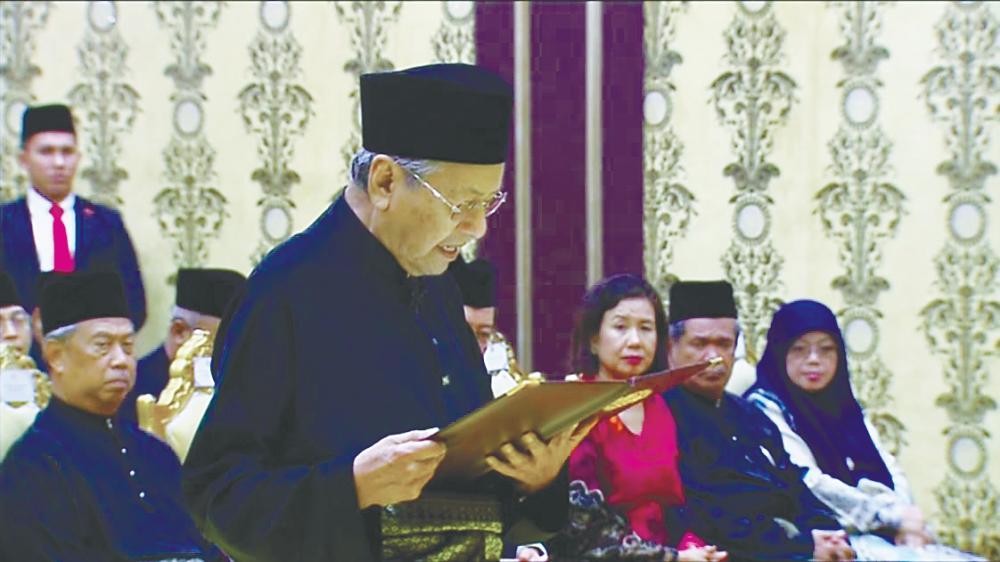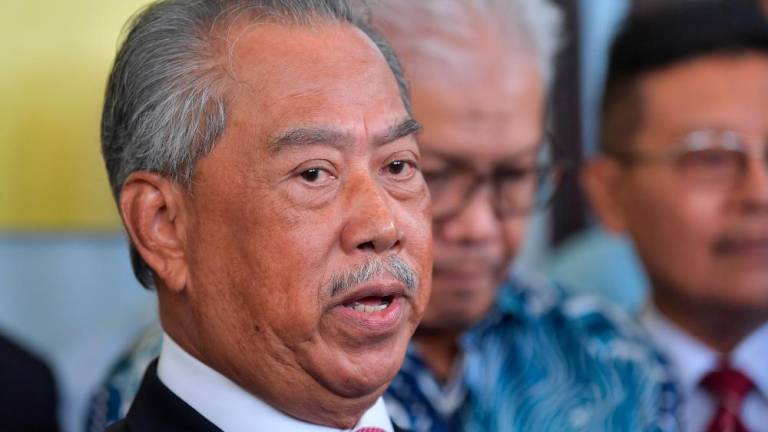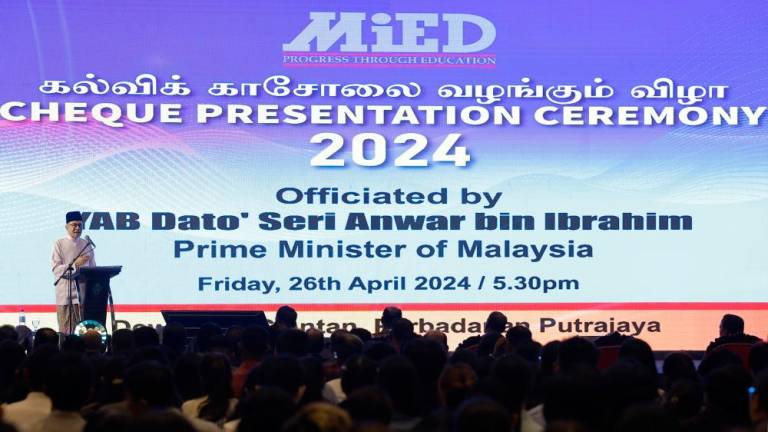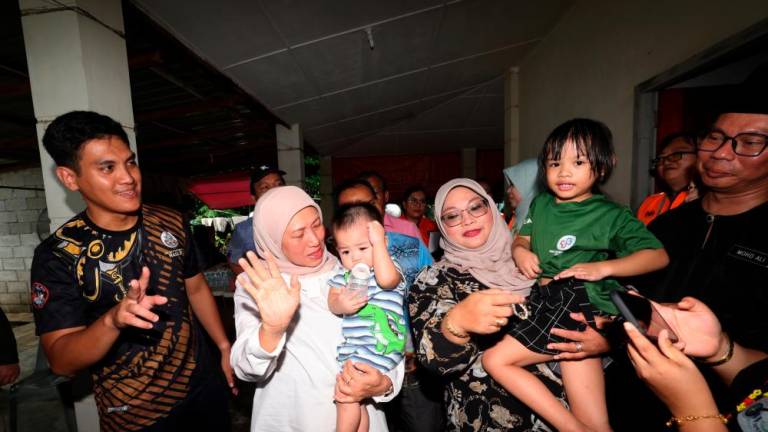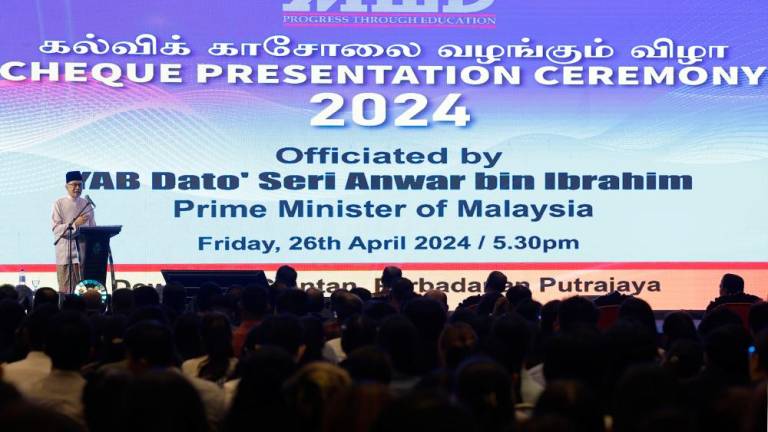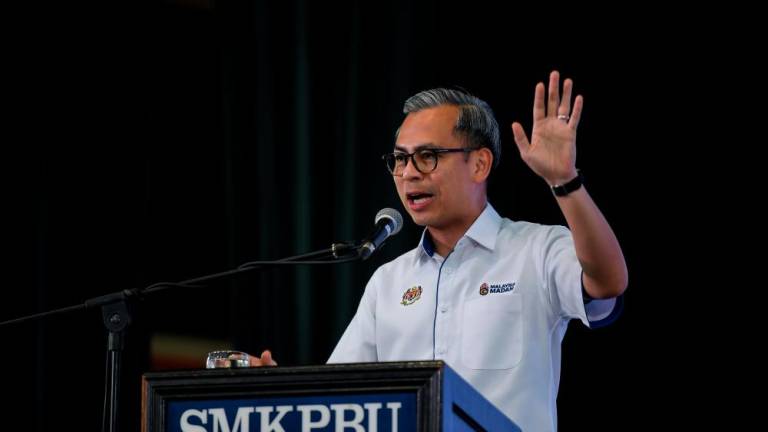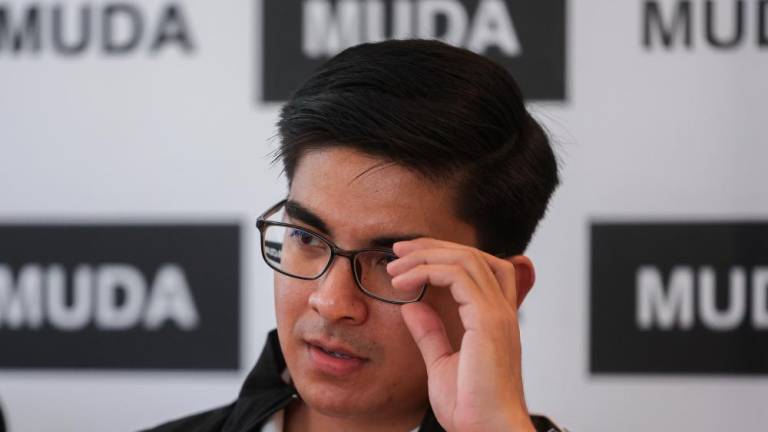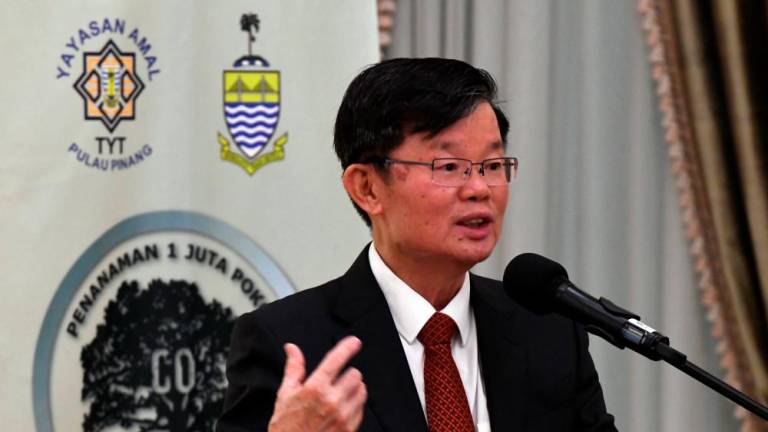I OFTEN dread watching documentaries that focus on recent events because very often, they only skim the surface of the subject, instead of giving us something more indepth.
The same can be said about iflix’s latest original documentary feature Bangkit: 11 Days That Changed a Nation, which premiered on iflix Free on Jan 9.
In this case, it felt like the idea for Bangkit was borne out of a rush to cash in on the euphoria of the recent 14th general election (GE14) before it dissipated.
However, according to iflix global director of original programming Mark Francis, they “felt compelled to tell the story” after witnessing the real-life drama of the Malaysian general elections unfolding before them.
“After all, GE14 was a rare instance of the truth being more remarkable than fiction,” he added at the recent press conference for the documentary.
Bangkit revolves around events that took place during the 11 days leading up to the elections, including politicians finding out that they were unable to contest, billboards being defaced, postal voter issues, and ballot fraud.
Bangkit director and producer Justin Ong said: “I think this story was attractive to me because I am Malaysian, and I have been following this election very closely.
“For me personally, it was a historic moment with the changing of the government for the very first time.”
The idea was discussed with iflix, and the company wanted to do a story that “has not been covered”. The meeting took place about two months after GE14.
“We wanted to do a story from the people’s perspective. It is not a news story. It is a story about people exercising their right,” said Ong.
They also opted not to use any politicians’ commentaries, preferring to focus on the biggest news events that took place during those 11 days.
Ong explained: “We used personal footage shot using phones. These footage may be available on social media, but [were] not used by mainstream media.”
During a preview of the documentary, we noted that the footage indeed consisted mostly of clips that had already been widely seen via social media or on local media outlets.
This documentary is about people trying to make a difference, but that’s about all.
I would have preferred something with more depth, and more personal reflections from the people on the street as to why they decided to opt for change and how they went out of their way to make that happen.
Disappointingly enough, there was no mention of the ‘missing’ hours in between when polls closed and when the Election Commission finally announced the results.
Watch it if you are nostalgic, but as documentaries go, it could have been much better.



